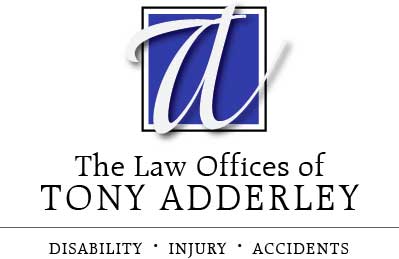Marfan syndrome affects primarily the connective tissue, but it can also have a profoundly negative impact on the eyes, heart, and lungs. More than 200,000 people in the United States are affected by Marfan syndrome or by a related connective tissue disorder. Tall, slender persons with exceptionally long legs, arms, toes, and fingers may be sufferers of Marfan syndrome. It’s a condition that is often difficult for physicians to diagnose as symptoms can vary in both appearance and severity.
To complete a Marfan syndrome diagnosis, physicians will typically require a series of tests including echocardiograms, electrocardiograms, CT scans, and MRIs. Apart from extraordinarily long legs, arms, toes, and fingers, Marfan patients usually suffer from scoliosis or flat feet, and they usually have exceptionally flexible joints. Persons with Marfan syndrome also may be myopic, and they’re likely to suffer a number of other eye and vision difficulties.
The condition’s most life-threatening symptoms impact heart and blood vessels. Weak connective tissue can produce an aortic aneurysm that will burst or tear the aortic wall. Without immediate emergency surgery, an aortic aneurysm can be fatal. Marfan syndrome also weakens heart valves, making the heart work harder and often leading to its failure. Marfan syndrome can also restrict lung efficiency by weakening respiratory muscles and sometimes directly causing a lung to collapse. People with Marfan syndrome may also develop emphysema, asthma, or sleep apnea.
Marfan syndrome is incurable. Treatments vary depending on the individual sufferer’s symptoms. Aortic aneurysms and damaged heart valves require surgery. Physicians may prescribe medicines to lower blood pressure, slowing enlargement of the aorta and reducing the risk of a tear or rupture. Beta-blockers, which make the heartbeat slower and less powerful, are commonly recommended for Marfan sufferers.
Depending on the severity of the condition, Marfan syndrome patients may be eligible for Social Security Disability (SSD). Marfan syndrome is listed under “cardiovascular system problems” in the Social Security Administration’s “blue book” of conditions covered by SSD. Even so, many applicants are denied benefits after their initial application. If you suffer from Marfan syndrome, and you are no longer able to work, contact an experienced Social Security disability attorney. A good disability lawyer will help you gather evidence and testimony to win the benefits you need. If you suffer from Marfan syndrome or from any condition that impairs your ability to work, speak to an experienced disability attorney today. You may already be missing the benefits that are rightfully yours.

